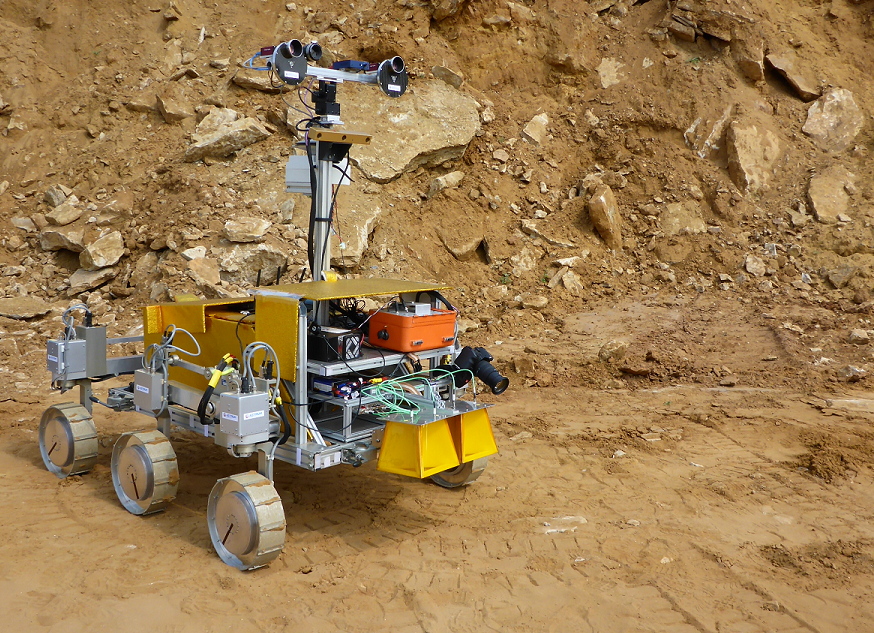ARGENTINA
Maria Fabiana Drincovich–an Argentine researcher who works on the conservation of post-harvest peaches–was awarded the L’ Oreal Unesco prize for women in science. Her work seeks to improve the organoleptic and nutritional quality of the fruit.

Scientists from the Nidera company received the “Francisco Sáez” award from the Argentina Genetics Society for their research on the dwarf sunflower. It is the first time the award has been given to a private company.
ARGENTINA AND MEXICO
The Ciencia en Accion contest, held between October 4-6 in Bilbao, Spain honored Argentine agronomist and LatinAmericanScience.org team member Fabiana Malacarne for her book “Biotecnología… ¿qué te cuento?” While she won honorable mention, Mexican students received first prize for two experimental and educational proposals to send satellites into orbit. The closing ceremony was attended by astrophysicist Jocelyn Bell, who motivated students to support scientific research.
BRAZIL
Deforestation in Brazil fell 76% in September compared to the same period last year, according to the Institute of man and the Amazon (Imazon).
BOLIVIA
Scientists have found archaeological remains on the bottom of Lake Titicaca, which straddles the border of Bolivia and Peru. They found a boat anchor dating back 1500 years and jewelry from present-day Ecuador and Chile. These findings indicate that trade took place between these areas.
CHILE
A robot from the European Space Agency (ESA) is traveling to the Atacama desert in Chile to run tests because that environment is one of the closest to Mars.
COLOMBIA
The first humans who lived in Colombia were more vegetarian than the rest of early Americans living on the continent, says new work from the Universidad Nacional of Colombia. The team studied archaeological remains and determined that nomadic communities who lived there 10,000 years ago did not practice hunting nor agriculture and subsisted on fruits, berries and foraged roots.
Colombian researchers are genetically modifying cassava using a technique designed to obtain haploid plants (plants with half the number of chromosomes) to create uniformity and facilitate the work of plant breeders. The project was carried out with funding from the Bill and Melinda Gates Foundation and the University of California.
ECUADOR
Recorded playbacks used by birdwatchers to attract birds could have a negative effect on birds in Ecuador, says a new study in the journal PLoS ONE. “Increased vocalizations after playback could be interpreted as a negative effect of playback if birds expend energy, become stressed, or divert time from other activities,” report the researchers. “In contrast, the habituation we documented suggests that frequent, regular birdwatchers’ playback may have minor effects on wren behavior.”
EL SALVADOR
90 dead sea turtles have been found on a beach in El Salvador. It is believed that toxic algae are the cause.
MEXICO
The Mexican government has reinforced actions to contain a cholera outbreak in the state of Hidalgo which now totals 159 cases.
Mexican researchers are developing bacteriophages (viruses that attack bacteria) that could help the management of infectious diseases such as cholera.
PERU
Andean farming communities in Peru have begun to produce potato seeds using an aeroponic system.
